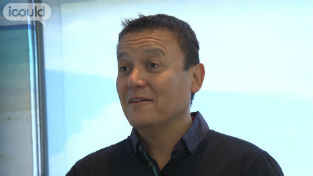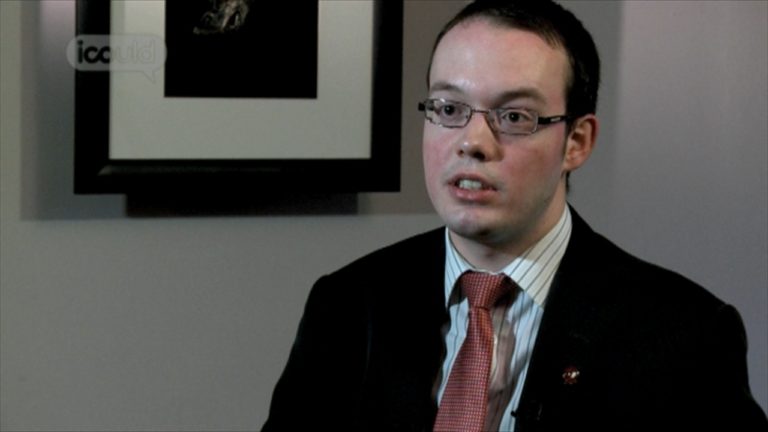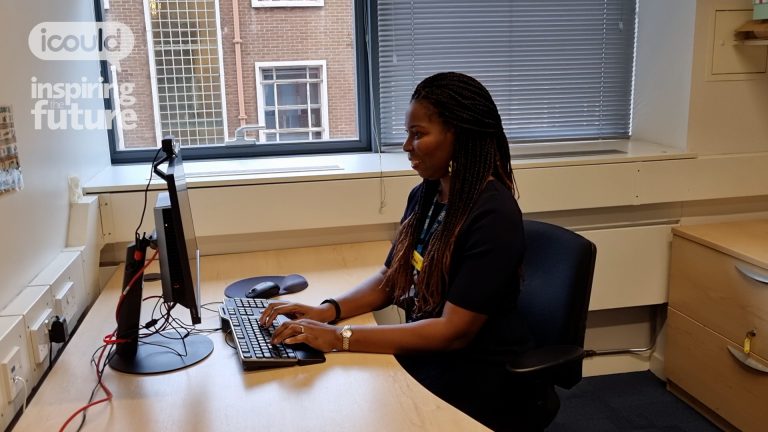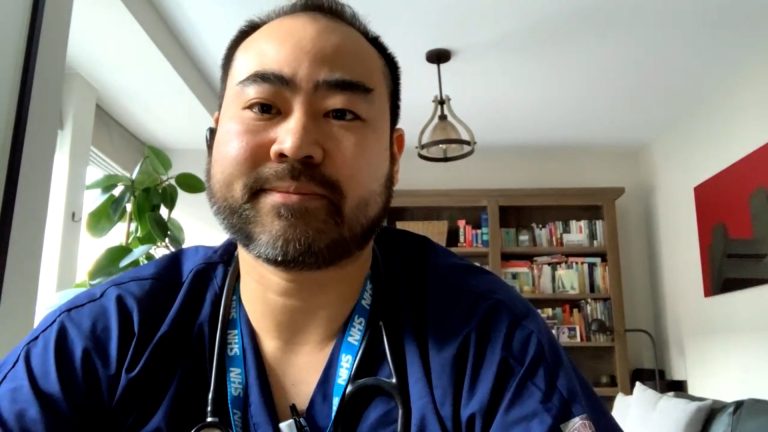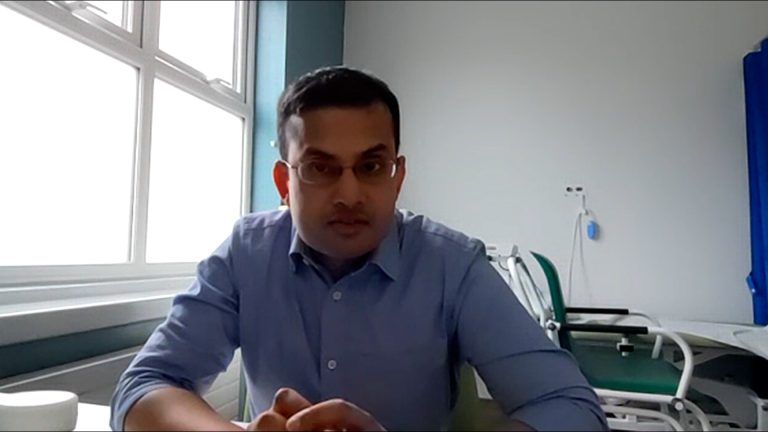Human Resources Manager
Walton Centre NHS Foundation Trust
Jennifer C
My name is Jennifer C and I’m HR manager at the Walton Centre NHS foundation trust.
It involves providing support and advice to managers on a variety of topics and subjects. It involves supporting all elements of the workforce and staff from employment legislation to issues such as capability and conduct and sickness.
I got into this position through the NHS graduate scheme I started that in 2009 and I had a placement on the human resources element of the scheme. So my final placement was at the Walton Centre as HR manager and on graduation from the graduate scheme I was offered a parent position in the same post.
When I finished university to be honest I didn’t really know what I wanted to do. I knew that human resources was the field I wanted to go into but I didn’t really know how best to get my foot in the door and I’d heard a lot about the graduate schemes whilst at university and I was drawn to the NHS.
I studied BA honours degree in business studies at Liverpool John Moores University. I stayed at home I was a bit of a home bird really, I didn’t want to go far away.
Well both my parents work in the public sector so I was influenced by that. My dad is a cognitive behavioural therapist in the NHS and my mum is an educational wellbeing practitioner within a Liverpool school.
It was completely my decision to go to university. My mum and dad just supported me in whatever I chose to do. When I was at school I wasn’t one of those children that education came easy to, I had to really work hard. There were children at school that would just pass their exams and do really well without making an effort. That used to really frustrate me and I used to think, oh why aren’t I like that? But I was brought up by my mum and dad who would say to me ‘we’ll be so proud of you no matter what grade you get’ as long as you try your best. So that’s what I’ve always done, I’ve always just tried my best at things and I left school with good grades as a result.
University was always a really big thing in my life and it did teach me a lot of lessons. I think the first two years at university I didn’t take it all that seriously, I had fun, did all the going out with your friends, and the whole university lifestyle. But in my third year I did a sandwich course which was a year in industry and I spent that in Barclays Bank. I loved the people I was working with but I just didn’t enjoy the role that I was doing. Doing that for twelve months I could see how I could get stuck in a role like that.
So in my final year of university I went in with a whole different mindset, I had the mind set of ‘this is my only chance now, this is what makes a difference’ I was actually offered a place on the Barclays scheme and it was significantly more money with a direct career path. I chose the NHS because the motivation behind actually making a difference and the driving force behind the role being patient care was something that matters so much even indirectly through a non-clinical role being able to impact on that. I found that really motivating and I get a lot of job satisfaction from that.
There are sides to human resources that are not popular and are not comfortable to do at the moment with the budgetary cuts in the NHS there is a lot of organisational change happening which basically can mean a loss of jobs and lowering peoples bandings, which is not comfortable but you have to cope with that by remembering that it’s human beings that you are dealing with. When I applied for graduate schemes, you read the figures and you read the amount of competition that’s in place and you’re up against and when you go for the interviews you just see the calibre of the people that you are competing with and I didn’t think for one minute when I first started applying that I was going to get a place. I proved to myself that I can do it, I got a place on two graduate schemes and I’ve done well on the NHS graduate scheme, so I couldn’t imagine myself in this role when I was in school.
Jennifer didn’t know what she wanted to do when she left university. An industrial placement with Barclays introduced her to the idea of graduate training schemes. She gained a place on the Human Resources element of the NHS Graduate Scheme and loves the choice that she made. She feels that she’s done well on the scheme and couldn’t have imagined herself in this role when she was at school.
More information about Charitable organisation managers and directors
The UK average salary is £29,813
There are 37.5 hours in the average working week
The UK workforce is 47% female and 53% male
Future employment
- Plans, organises, coordinates and directs the resources of a special interest or charitable organisation
- Helps to formulate and implement charitable organisations' policies and ensures these meet legal and statutory provisions
- Represents their charity in consultation and negotiation with government, employees, trustees and other bodies
- Generates income by co-ordinating funding bids, organising appeals, and managing relationships with funders
- Stimulates public interest by providing publicity, giving lectures and interviews and organising appeals
- Directs or undertakes the preparation, publication and dissemination of reports and other information pertaining to the organisation




